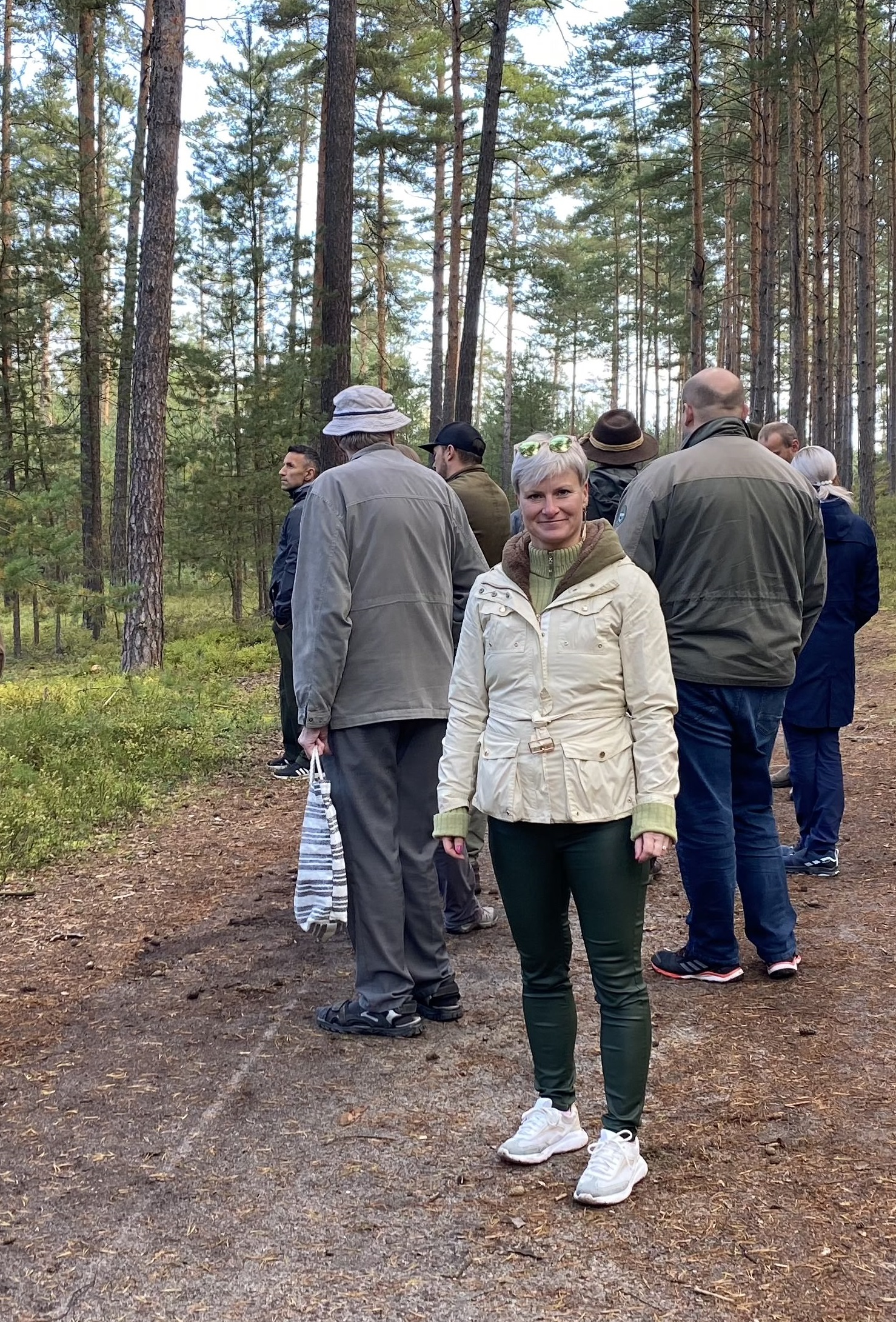Jitka Meňházová
Mendelova univerzita v Brně (Mendel University in Brno, MENDELU)
How did you arrive in your current position?
I have been close to nature since my childhood and since I come from the Podkrkonoší region, I was attracted to the mountains and working in the forest or in a field close to nature. I studied at the secondary forestry school in Trutnov, and although I was considering studying the Faculty of Science, I decided on the Faculty of Forestry and Wood Technology in Brno. I was attracted to an academic career from the second half of my studies and after successfully completing my Master's degree I started a PhD programme in Economics of Sustainable Nature resources. The beautiful thing about this field is that it connects and in a way overarches all the other disciplines in forestry. After completing my PhD, I continued my academic career at the Department of Forest and Wood Economics and Policy.
Which scientific question are you the most eager to answer?
Probably the question of the future of forest governance in terms of legislative changes and management of small forest land owners.
What is the future of your research?
The future of further research in my field reflects somewhat on the previous question. It is clear that, in the face of climate change, the issue of legislative changes (already pending proposals to amend the Forest Act) that are necessary to promote forest management will become increasingly important. Examining the impact of these legislative changes and, not least, the economic importance for forest owners. All forest functions need to be harmonised and adequately valued. There are still many opportunities for research in this direction.
Open Science, especially Open Data, is highly debated on various levels. What is your opinion?
As is evident from the terms and conditions of some current and certainly future grants and projects, open data will be a prerequisite (even H2020 has a requirement to create Data Management Plans). The requirements for replication of research, access to results and data are logical, given that most of the datasets are publicly funded. I agree with openness of data, as we should disseminate our work results to the general public as much as possible.
How do you maintain your work-life balance?
I am very active, which is sometimes a hindrance as I try to do many things at the same time. Within my field, I spend most of my time working on the computer and I try to do sports as much as possible. I go running (although it is not my favorite sport, but can be done anytime, anywhere), however any water related sports are my passion. I definitely also have to mention hunting, when I really want to switch off, time spent in the forest is the way to go.
How difficult is it to have a carrier in science? How do you keep your motivation?
The most difficult part of science is finding funding for the research. However, since I find our ideas and the results of our work very useful, especially for practice, motivation is good to look for.
How did you personally benefit from being a part of the ASFORCLIC consortium so far?
The main benefit I find in the deepening of cooperation with partner institutions, as well as the establishment of new contacts in other fields. In my opinion, the networking of all forestry disciplines and people involved in the project is absolutely great and certainly beneficial for all of us.
![]() This project has received funding from the European Union’s Horizon 2020 research and innovation programme under grant agreement N°952314.
This project has received funding from the European Union’s Horizon 2020 research and innovation programme under grant agreement N°952314.

